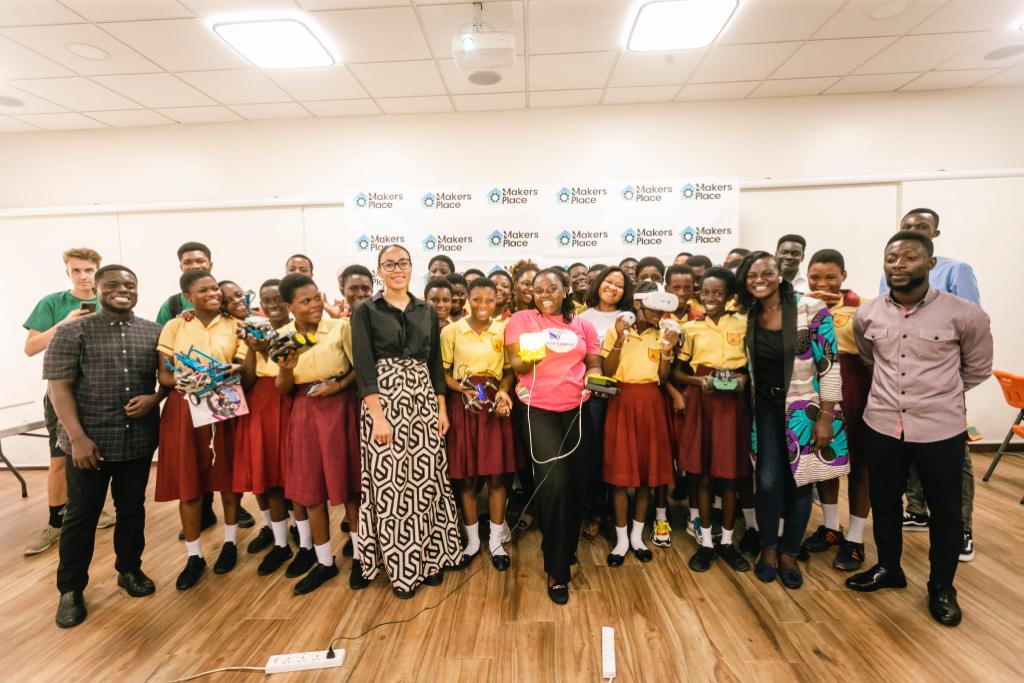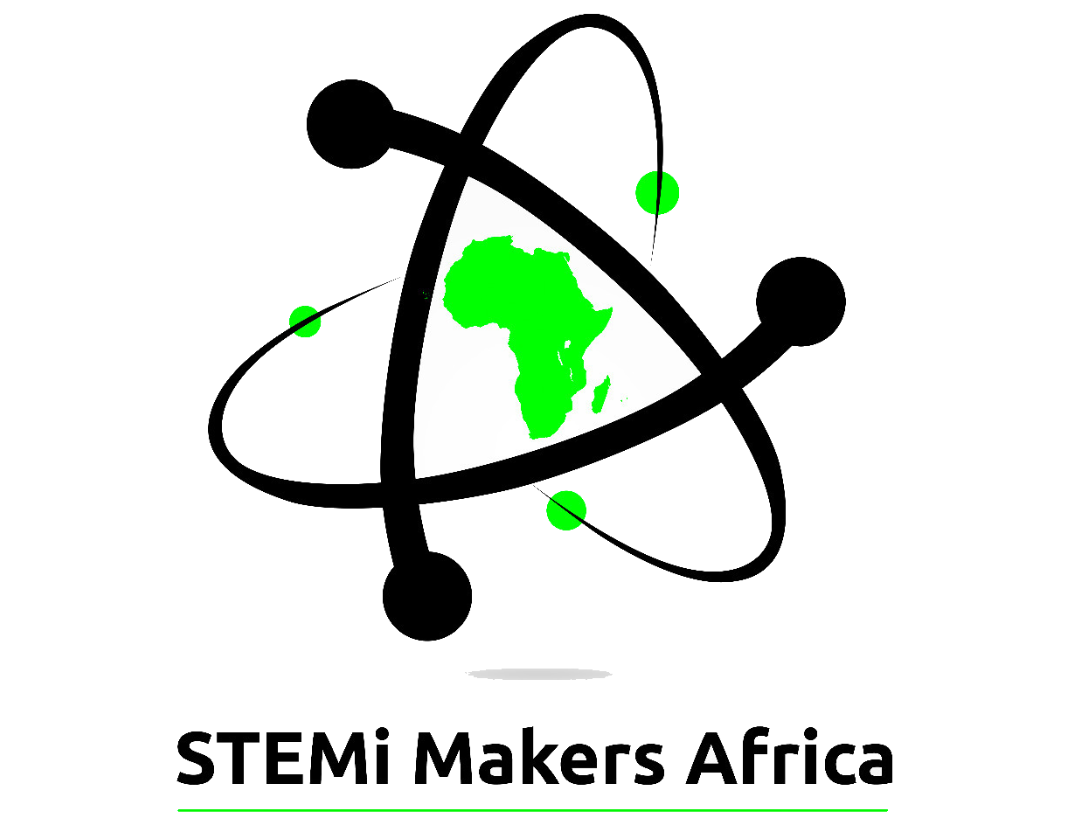
STEMi Makers of Africa commemorates International Girls in ICT Day across 5 African Countries
STEMi Makers of Africa has empowered 250 girls across five African countries with science, technology, engineering, and mathematics (STEM) education. The recent two-day event, which was held in Nigeria, Ghana, Cameroon, Kenya, and Tanzania − in partnership with Microsoft and with Telecommunication Union (ITU) – was in commemoration of the 2023 International Girls in ICT Day, with the theme: ‘Digital skills for life’. The partnerships team and the Executive Director, stated that the programme was a continental effort to raise awareness on the empowerment and encouragement of girls and young women to consider studies and careers in STEM.
The project had implementing partners like − Timiza Ndoto Initiative and Robotech Labs from Tanzania, Hacklab Foundation and Maker Place from Ghana, and Kenya Women in STEAM Initiative from Kenya − who exposed the girls to a learning experience with a primary focus on building their coding and leadership skills.
“The jobs of the future will be driven by technology and innovation,” Gloria Agyare said, “and 65 per cent of children entering primary school today will have jobs that do not yet exist.” According to her, the girls were taught computer and information technology skills through coding, robotics, basic engineering, the Internet of Things, software development, and cloud computing provided by STEM-related education.
In Nigeria, STEMi and the MAI Foundation educated 85 girls. “Here, in Nigeria, is a land of many opportunities, but our perceptions has been blinded,” Chika Ezinma said. “Putting efforts in learning new on-demand skills gives you a good leverage to a high earning income.”
In Cameroon, the co-founder of Enchird Technologies, Asafor Emmanuel, said they engaged 55 girls across different schools in Yaoundé and were excited to show their work to the young girls. “We spoke to them about the software development cycle and we could see the excitement in them,” Emmanuel said. “They spoke about problems that can be solved using tech. They were sharp and engaged. It was totally worth it.”



In Kenya, 35 girls from St Theresa High School, Nairobi, were eager to learn more and share their views on what digital skills means to them and their understanding on the essence of digital skills for life. According to the Kenya coordinator, Caroline Nyaga, some of the girls, for the first time in their lives, were given a chance to explore using laptops. She added that some of the girls never thought that ICT is today’s pivotal point for accessing jobs in Kenya and around the world.
“The five-hour exploration was marked with the understanding that digital skills is critical for girls and served as an eye opener for the massive opportunities that ICT has for them,” she said. Gloria Agyare, the Ghana facilitator, noted that it was a remarkable experience for their 38 girls, their teacher, and their coordinators at St. Anthony of Padua School, which is an underprivileged school that provides only theoretical knowledge of ICT, but lacks opportunities for practical experience for the students. “The training provided an opportunity for the girls to participate in a hands-on session using the BBC micro: bit board,” she said. “They were able to complete tasks such as controlling LED lights, playing sounds, and measuring temperature in a fun and engaging way.”
From Tanzania, Victoria Melami stated that the programme was a success and had a significant impact on the 30 girls from different public schools. She added that the girls were excited to learn about the opportunities that exist in the field of ICT and how they can be used to solve real-world problems. “I was impressed by their enthusiasm and dedication, and I am confident that the knowledge and skills they gained during the workshop will stay with them for a long time,” she said.
